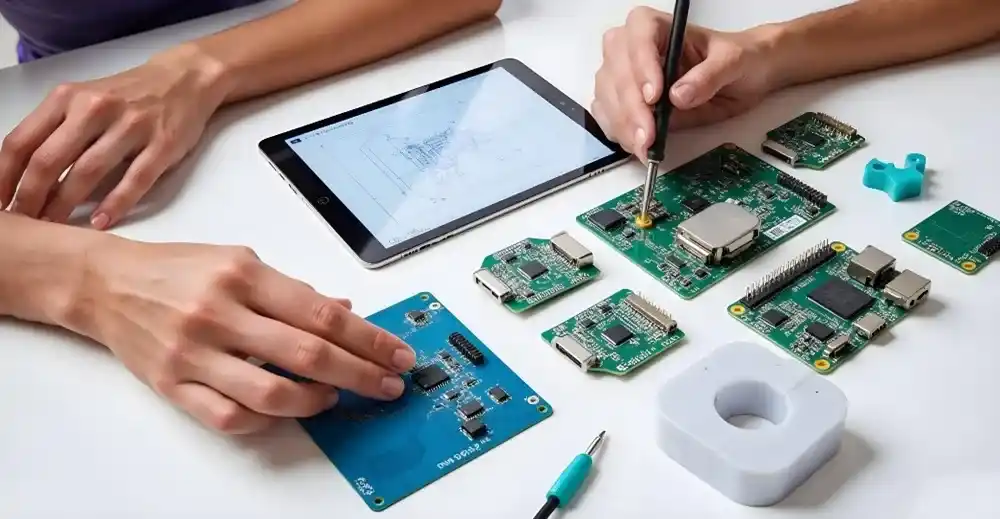Technology Integration in Smart Hospitality. Positive or Negative?

The rise in the up-gradation of technology and rising internet penetration is transforming the hospitality smart to technology-driven market. Smart Hospitality refers to the integration of technology such as automated software and smart solutions for hospitality on account of the usage of social media, implementation of smart appliances, marketing automation, and cloud-based services. Smart hospitality aid in reducing the cost and gives a unique and memorable experience to the guest which motivates them to visit again.
Smart hospitality is transforming the infrastructure of the hotels, cruises, other business hotels, and resorts by installing smart technologies with the aim to enhance the offerings and it is being adopted extensively on the global scale. The smart hospitality solutions adopted by the hospitality management include contact center, automated lighting management, room automation, video integration, and other services which enhance the guest experience that boosts the revenue of the hospitality sector. The inclusion of smart technologies in their hospitality sector is allowing the hospitality sector to provide better and quality services to their guests and clients as they are improving the operational efficiency of the hotel staff and reducing human error by moving freely and provide quick customer service to the guest. Smart hospitality management solutions are turning to be a boon to the hospitality sector as they improve the guest experience and increase loyalty.
Nevertheless, smart hospitality is experiencing restraints such as high initial cost of deployment, limited availability of technically skilled personnel, and integration complexity over the legacy systems and networks, these restraints are hampering the growth of the smart hospitality market. Another major challenge faced by the smart hospitality market is the security threat as the hospitality sector stores the personal information of their guest which increases the risk during the security breach.
Market Size of the Smart Hospitality Market
Smart Hospitality Market offers software and service to the end-user such as hotels, restaurants, and resorts & spas. The growing inclination of the industry towards the Internet of Things is encouraging the hospitality sector to offer guests smart solutions with the aid of digital technology. The number of contractors teaming up with different tech firms to build smarter hotels that are cost-effective and saves time. The rising demand for the smart hospitality market is allowing the hospitality sector to provide excellent customer service. Many players of the hospitality sector are entering the market with the aim of enhancing the experience of the guests. For instance, InterContinental Hotels Group in August 2019, announced the expansion of Avid Hotel brands that will include 95 rooms that will be designed with the latest technology such as for entertainment, ordering high-quality breakfast, to give the guest a unique and quality experience to the guests.
The expansion in the adoption of smart hospitality solutions and the advancement of technology by hotels is driving the smart hospitality market. The demand for real-time optimized guest experience management is increasing which is positively impacting the smart hospitality market growth. For instance, the guest in various hotels is using their smartphones to control the environment of the room by giving them access to the window blinds, room temperature among others. The deployment model segment of the smart hospitality market includes Cloud and On-Premise. The hospitality sector is increasingly using on-premise and cloud for the purpose of better managing the hotel resources and improving the hospitality services. where the growing use of cloud computing across the hospitality sector is one of the key factors for the market growth of smart hospitality.
Market Growth of Smart Hospitality Market
Smart hospitality solutions are widely adopted by the hospitality industry due to their benefits in serving the guests as they assist the guests of the hotels in conferences, conducting meetings,s and also aids in connecting with the associates globally. This is enhancing the experience of the guests and motivates them to return to the hotel again. The solutions also help the hotels with easy check-in options, room selection, room service, and comfortable stay. The players of the market are realizing the benefits of smart hospitality solutions and are adopting in their hotels. The global chain of hotels is increasingly investing in smart hospitality solutions with the aim of enhancing the satisfaction and experience of the consumers, in addition to this, they are cost-effective and generate more revenue. The smart hospitality solution allows an energy-efficient management system as the growing concerns regarding the environmental and rising focus of CSR among the hotel companies is also motivating the hospitality sector to adopt smart hospitality solutions. Market players in the global smart hospitality market are adopting various strategies to capture the market share. For instance, SG Developers announced the acquisition of IIPL in August 2019 with the purpose to develop smart solutions using technology, to expand the research and development capabilities, and develop next-generation and smart solution products for the hospitality industry.
The booming of the travel and tourism industry is leading to the upsurge of the smart hospitality market growth globally. According to the World Bank Data, the arrival of international tourists across the world has increased to 1,442 million in 2018 from 911.85 million in 2009. Which is further motivating the market players of the hospitality sector to use smart solutions in hospitality services to the guests
Hospitality Industry
The innovative smart hospitality allows the guest to easily check-in options, room selection & service thus the demand for smart hospitality is boosting to serve the consumers with aim of enhancing the experience and satisfaction. In 2019, InterContinental Shenzhen, Huawei, and Telecom signed a strategic cooperation agreement for the innovation of the world’s first 5G smart hotel. The increasing disposable income is improving the lifestyle of the consumers which is leading to rising in the demand for resorts and spas which aids them in earning more revenue. The increase in up-gradation of technology and increasing penetration is driving the smart hospitality market adoption in various sectors of hospitality. Other factors include the usage of the Internet of Things and smart applications, web-based remote management, real-time HVAC control, and usage of wireless communication devices. The smart hotel industry aids in emergency management response systems, water management, parking management, building energy management, and security management which allows the hotels to reduce cost and save time, thus positively impacts the smart hospitality market.
However, the outbreak of the Covid-19 pandemic has been severely impacting the travel and tourism industry thus, the smart hospitality market due to the lockdown globally led to travel restrictions, and the industry was impacted. This led to the restriction in the growth of the smart hospitality market as the shutdown of the hospitality sector and loss made the installation and the maintenance of the smart hospitality solutions expensive.
Get in Touch
Interested in this topic? Contact our analysts for more details.
Latest Thought Articles

Top OSAT Companies Driving Semiconductor Assembly and Test Services Worldwide
Recently
EV Charging Stations Market Outlook: Smart Charging, Fast Charging, and Regional Expansion
Recently
Future of Corporate Wellness: Global Trends and Regional Outlook
Recently
Regional Breakdown of the Mechanical Keyboard Market: Who Leads and Why?
Recently